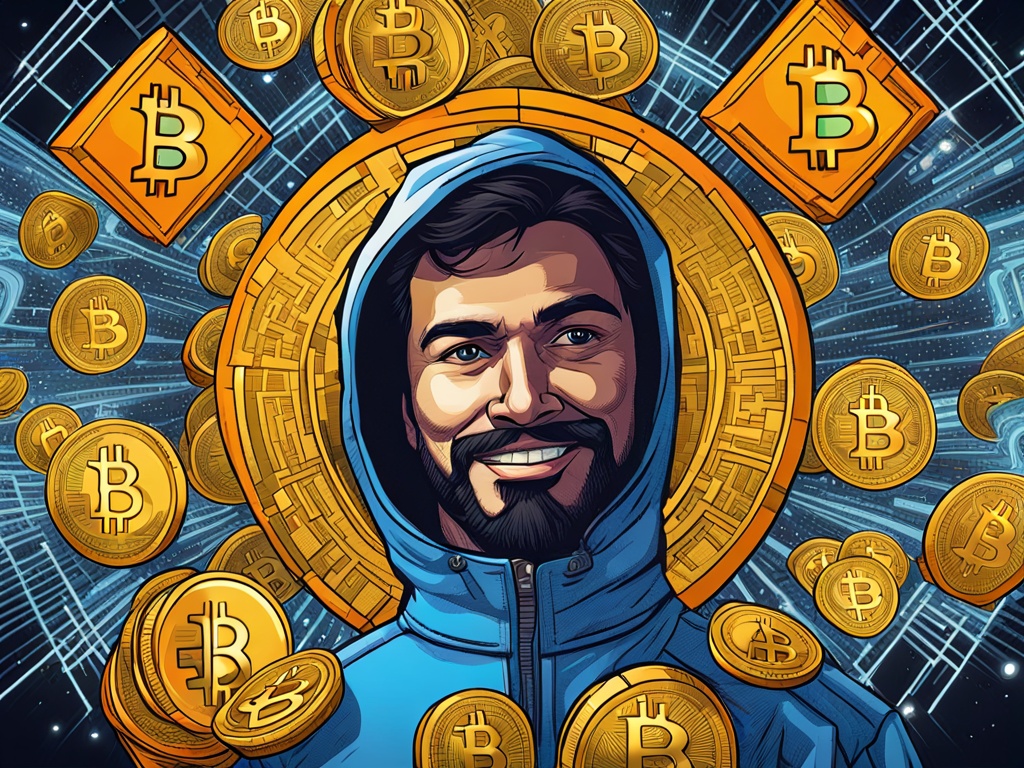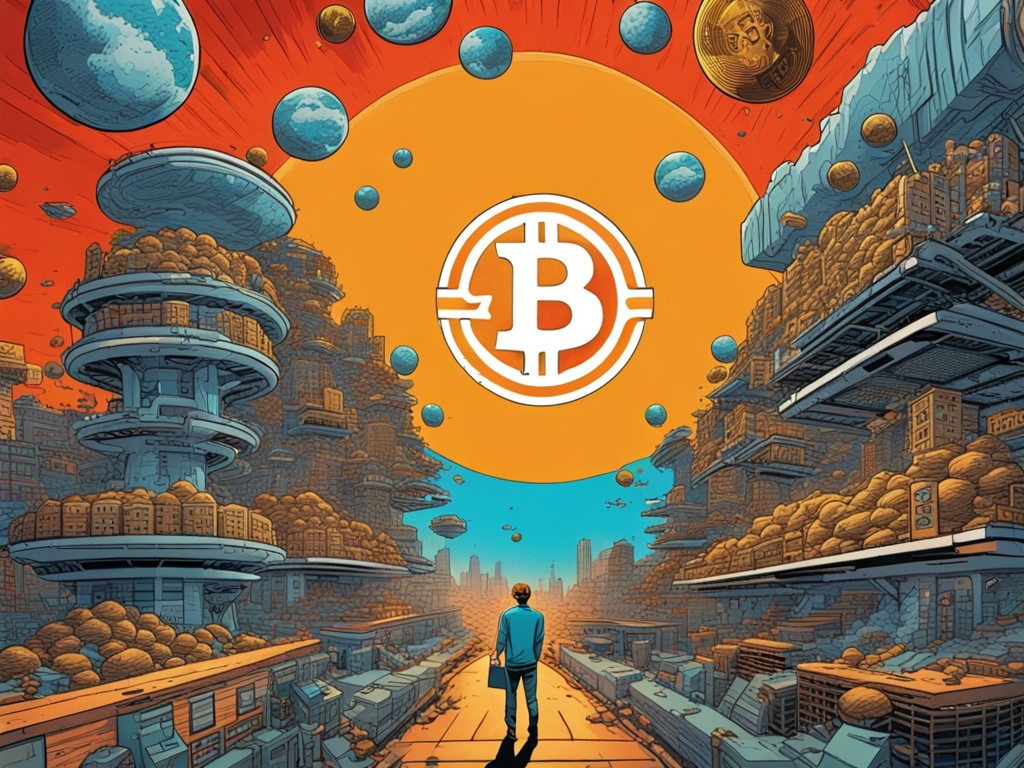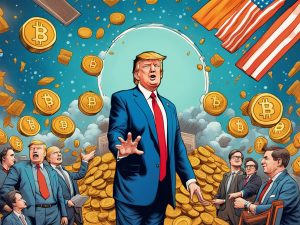El Salvador’s Bold Bitcoin Move: What It Means for the Crypto Market
Imagine sitting at a café, sipping coffee, and chatting about the latest news in the cryptocurrency world. One topic that keeps cropping up is El Salvador’s increasing Bitcoin reserves. It’s fascinating, isn’t it? Here we have a country doubling down on its Bitcoin strategy, adding more coins to its stash, even amid a mix of skepticism and hope surrounding cryptocurrencies. So, let’s dive into what this means for the crypto market at large, and why it might matter to someone like you considering investing in this space.
Main Takeaways:
- El Salvador added 12 new BTC to its reserves in January.
- This brings its total Bitcoin holdings to around 6,044 BTC, valued at over $617 million.
- The country continues to affirm its commitment to Bitcoin despite its agreement with the IMF.
- Bitcoin recently reached a new all-time high, reinforcing market enthusiasm.
So, first off, what’s the significance of El Salvador purchasing more Bitcoin? Well, this isn’t just a random purchase; it represents a strategic decision by a country that became the first in the world to adopt Bitcoin as legal tender back in 2021. That alone is a bold move, with many countries observing closely. It’s like throwing down a poker chip—a big one—on a table that continues to grow in both risk and reward potential.
The recent purchases, which included 11 BTC on one day and 1 BTC the next, underscore a methodical accumulation approach the El Salvador government has adopted. They’ve quite literally taken a “slow and steady wins the race” approach, often referred to as “dollar-cost averaging” (DCA) in the investing world. The idea is to buy regularly over time rather than all at once, which can help mitigate the volatility that’s rampant in the crypto market.
Now, let’s not sugarcoat it—there’s an ongoing conversation about the risks involved with Bitcoin as a national currency. A few years back, when El Salvador passed its Bitcoin Law, many experts raised eyebrows. But what’s fascinating is that even in the face of guidelines set by the International Monetary Fund (IMF), which suggested limiting public sector engagement with Bitcoin, El Salvador seems undeterred. The government remains enthusiastic about Bitcoin and its potential benefits. They’ve indicated they’ll keep adding to their reserves, which is almost like saying, “We believe in this, and we’re not backing down!”
Here’s an interesting tidbit: just a day after reaching that IMF agreement, the director of El Salvador’s National Bitcoin Office tweeted about reaffirming Bitcoin’s status as legal tender again. Talk about commitment! It’s as if they are sending a loud and clear message to the world that they’re not backing away from the crypto movement.
Now, jumping into the realm of price dynamics, the timing of these purchases is interesting, too. On January 20, while El Salvador was stacking up its coins, Bitcoin hit an impressive new all-time high of $102,316. Have you ever bought something just before it skyrockets in value? It’s like coming across a vintage vinyl record for a fraction of its worth before it becomes a collector’s item. This lofty price point often brings new investors into the fold, sparking excitement and interest in the cryptocurrency market.
But, how should an investor like you view this? Well, for the enthusiastic bull crowd, this progression could signal a developing narrative in the global adoption of Bitcoin. If a country like El Salvador continues to stack Bitcoin while others remain hesitant, it raises the question of whether bitcoins will indeed become the norm in the future.
Of course, it’s essential to recognize the other side of the coin. Some people rightfully question whether Bitcoin can be a stable store of value given its notorious volatility. Picture this: like going on a roller coaster, the thrill is exhilarating, but the drop might leave your stomach in knots. Some skeptics argue that for El Salvador, depending on Bitcoin means riding that roller coaster on a national level. But, that’s the beauty of investment. Everyone has different risk appetites and beliefs.
Here’s a practical perspective: consider how many products and services are now accepting Bitcoin. The very act of buying coffee with Bitcoin in El Salvador changes the game, showcasing everyday use of cryptocurrency. It’s much more than just an abstract investment; it’s becoming a part of daily life for many.
In wrapping this up, let’s ponder this: With more governments considering the incorporation of cryptocurrencies into their economic frameworks, what does this mean for the future investors? Could we be on the brink of a wider acceptance of crypto as a legitimate form of currency?
As you mull over these points, it might help to consider how closely you follow the risks and opportunities that Bitcoin brings—not just for yourself, but potentially for your future community as well.





 By
By
 By
By
 By
By
 By
By
 By
By